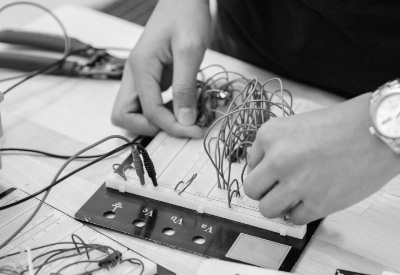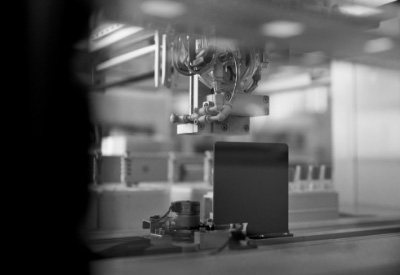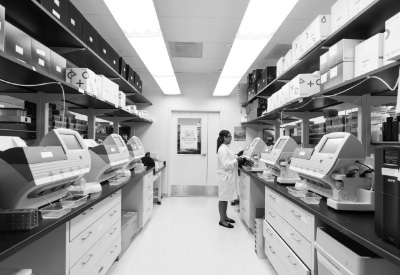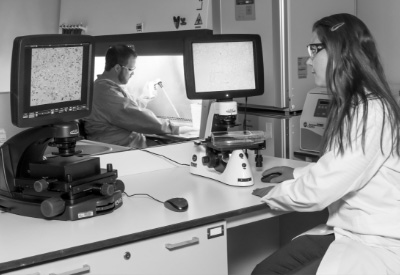
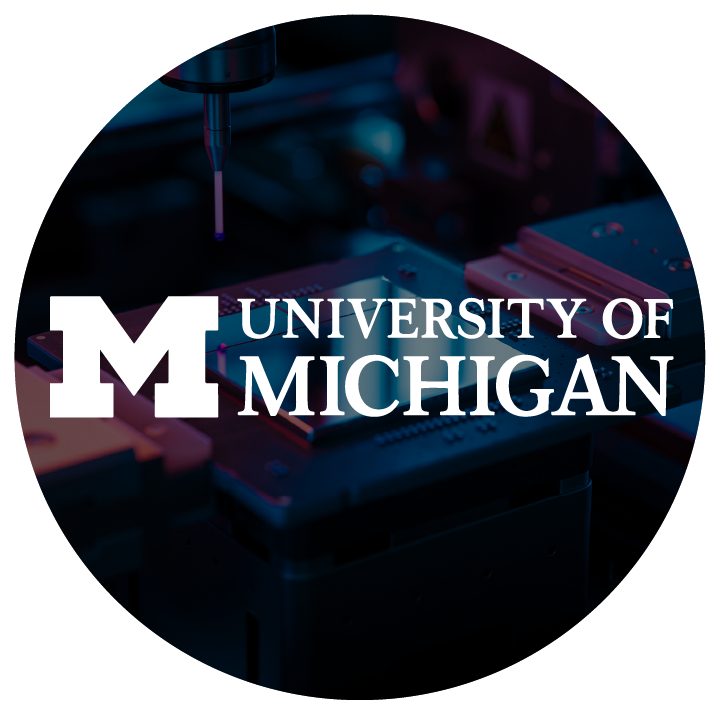
Computing
University of Michigan
Overview
City Labs partnered with the University of Michigan, specifically with Professor David Blaauw, the Kensall D. Wise Collegiate Professor of Electrical Engineering and Computer Science. This collaboration focused on integrating City Labs’ NanoTritium™ batteries with ultra-low-power microelectronic devices, including the Michigan Micro Mote (M3)—recognized as the world’s smallest computer.
The partnership aimed to provide long-lasting, reliable power solutions for micro-scale devices operating in environments where traditional power sources are inadequate.
Key Details
Collaborators
- University of Michigan: Professor David Blaauw, Kensall D. Wise Collegiate Professor of Electrical Engineering and Computer Science
Goal
- To develop and implement NanoTritium™ battery-powered microelectronic systems capable of continuous, long-term operation in environments where conventional batteries are impractical.
Significance and Applications
Integrating City Labs’ NanoTritium™ batteries with the Michigan Micro Mote addressed a critical challenge in microelectronics: providing a compact, long-lasting power source. Traditional batteries are often too large and have limited lifespans, making them unsuitable for tiny devices requiring extended operation. NanoTritium™ batteries offer a solution by delivering consistent power for over 20 years without maintenance.
One notable potential application of this technology is in downhole environments, such as oil wells, where devices monitor pressure, temperature, and salinity. The robust design of NanoTritium™ batteries ensures reliable performance under extreme conditions, eliminating the need for frequent battery replacements.
Additionally, these batteries are advantageous for powering devices in dark or inaccessible areas—such as tracking small animals or insects—where solar energy is not feasible.
Professor Blaauw highlighted the synergy between ultra-low-power devices and long-lasting power sources:
“The devices I work with are a perfect marriage for City Labs’ batteries, as we specialize in very low power operations, and City Labs offers batteries that have a long lifetime and are optimized for low-power usage.”
Resources and Links
The Nuclear Battery Company With a Vision
Ready to power your next innovation or learn more about our technology?
Contact Us Today